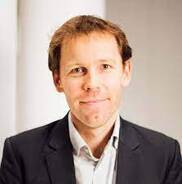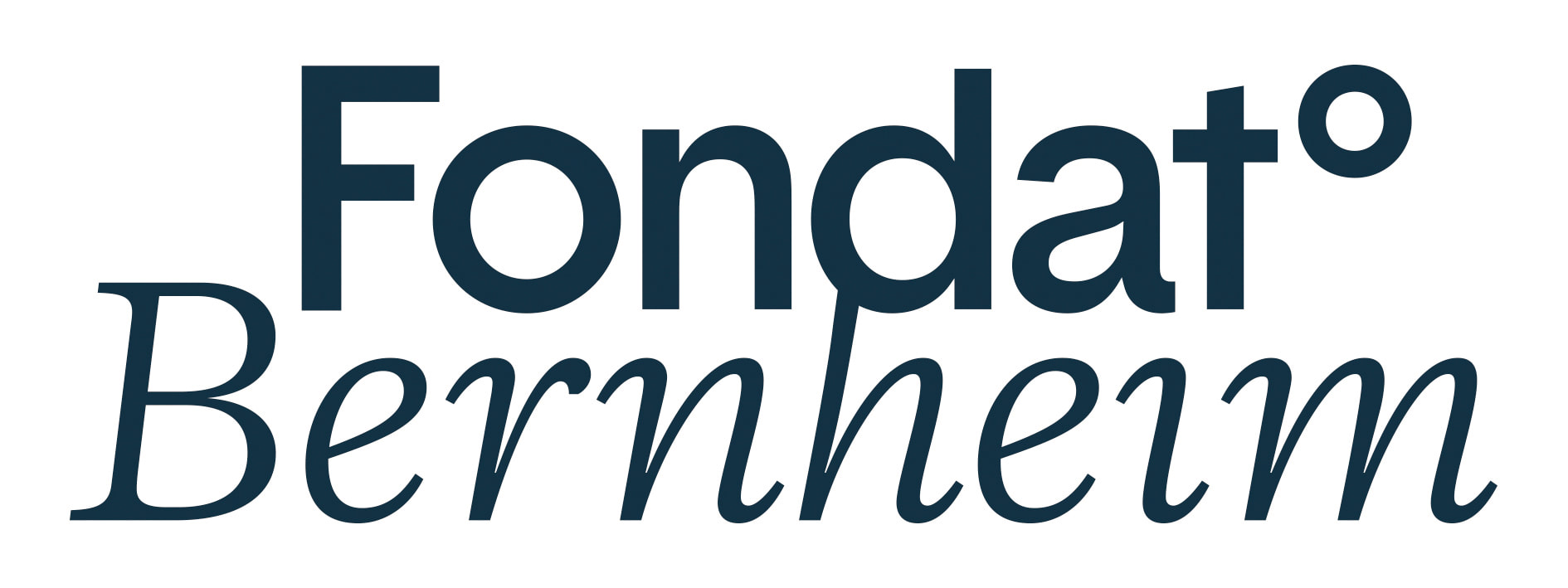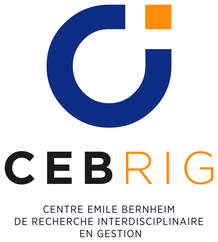scientific Board
Members
|
Stéphanie Blanchard (Film Maker- Researcher)
Patrick Chavel (Researcher) Mateo Cordier (Scientific Collaborator) Alicia Dipierri (Researcher) Christian Ferdinand (Scientific Collaborator) André Fontana (University Professor) Hélène Joachain (Postdoctoral Researcher) |
Gisèle Jung (Senior Researcher)
Bruno Kestemont (Scientific Collaborator) Riccardo Losa (Researcher) Kevin Marechal (Scientific Collaborator) Pablo Manuelli (Researcher) Sandrine Meyer (Researcher) Martin Ophoven (Researcher) Wendyam Sawadogo (Researcher) Marine Spor (Researcher) |
MORE INFORMATION
Founded in 1972, CEESE is a research center of the Solvay Brussels School of Economics & Management of ULB. It comprises a team with a wide range of backgrounds. The general theme of CEESE's research is in-depth quantitative and qualitative analysis of interactions between the economy, society and the environment, using a resolutely interdisciplinary, systemic approach.
With its recognized expertise in the fields of energy and climate, CEESE has, over the last ten years or so, carried out numerous studies, both empirical and theoretical, on the notions of transition, just transition and lock-in, addressing both the socio-technical aspect and that of social behaviors and practices.
The various studies carried out by CEESE over the last 50 years have been designed to meet two overriding objectives. On the one hand, to help decision-makers set up various environmental policies, taking into account current and future contexts and the general framework of an inclusive transition, and, on the other, to contribute to fundamental research into the implications between the economy and the environment.
Based on this analytical corpus, recent CEESE research has focused on the following areas:
- just transition (energy and water insecurity, energy renovation, etc.) ;
- urban and business resilience ;
- short circuits (food, textiles, renovation/construction) and the circular economy;
- social and habitual consumer practices (household waste sorting, food, energy and mobility) and changes in behavior towards greater sustainability;
- identification of obstacles and success factors, and analytical support (financial and social aspects, segmentations, etc.) for the development of public strategies;
- study of complementary financial and economic instruments (carbon tax, alternative currencies, green microfinance, third-party investor mechanisms, green and white certificates, etc.);
- critical analysis of tools to promote rational energy use (information, awareness-raising, financial incentives, competition) and joint reflection on innovative tools (board game, social network-type platform, feedback with display, etc.).
In order to enrich the reflection, each theme is generally analyzed from different angles, combining various approaches such as: life cycle analysis, global cost analysis and externalities, processing and analysis of quantitative databases (e.g. Census 2011) and creation of monitoring indicators (e.g. energy and water insecurity barometer).
CEESE has also joined the newly created Institut interfacultaire des transformations socio-écologiques (iiTSE).
This institute brings together research activities focusing on the understanding and significance of the radical societal changes required to meet the imperatives of strong sustainability.
The iiTSE has two distinctive features:
- on the one hand, the Institute aims to develop a cross-disciplinary view of the dynamics of change and their implications and significance for society. Its ambition is to develop a highly analytical and critical perspective on the societal issues at stake in these transformations;
- on the other hand, the Institute brings together a wide range of expertise, favoring interdisciplinarity in order to grasp its research object - socio-ecological transformations - which are multi-dimensional and polysemantic by definition, and which require bringing together perspectives that are as ecological as they are economic, social, applied, medical, legal, institutional and political...





